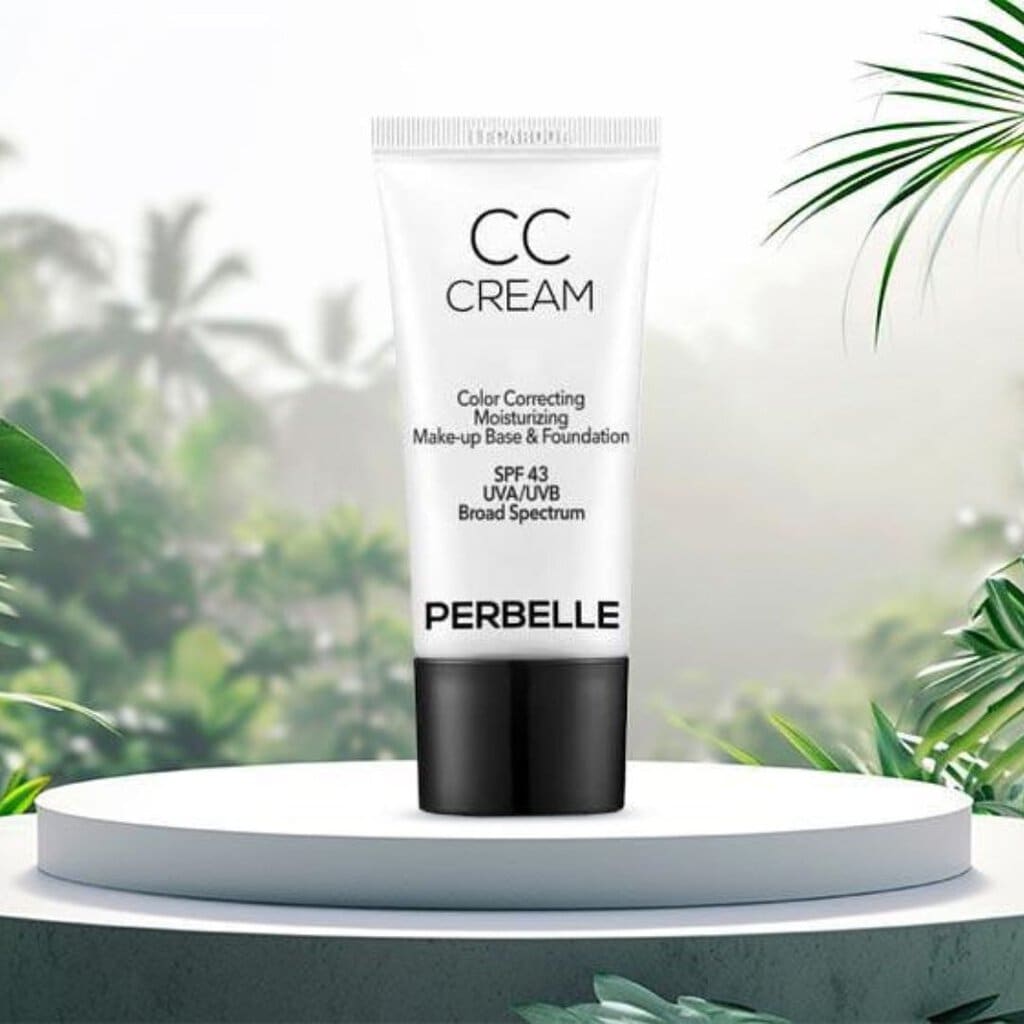The skin care industry is more inclined towards producing vegan and cruelty-free products. This is a positive societal shift that contributes to environmental sustainability and eco-health.
In the past, production was merely unethical, including animal testing and the inclusion of toxic substances in beauty products. Ingredients like fragrances, dyes, and preservatives were highly used. Apart from this, rabbits, pigs, and mice were subjected to various forms of testing.
However, ethical beauty standards are followed in the production of animal-saving and cruelty-free skincare and makeup products. This policy is emerging as the beacon of ethical beauty.
Understanding Cruelty-free Skincare
Cruelty-free skin care production ensures that no animal testing has been done at any manufacturing stage. This ethical stance is not just limited to animal testing but also encompasses a strong commitment to humane and environment-friendly testing.
Numerous skincare and beauty brands now make this commitment and advocate its implementation for protecting the integrity of fauna and flora.
Let’s dive deeper into this concept and learn what transitions have been made in this practice.
Transitions Made to Switch To Ethical Beauty Standards
The beauty and skin industry has undergone remarkable changes in the last few years in providing more ethical beauty solutions.
Here’s a closer look at some key transitions made so far.
Sustainable Sourcing
It means obtaining the ingredients without harming or threatening the environment. With the changing trends in the beauty industry, every ingredient is now made available via sustainable practices.
For example, if rosehip oil is needed to manufacture a cruelty free CC cream, then that oil should be sourced, considering that it does not lead to deforestation or habitat destruction.
No Animal Harming
Animal testing is now completely prohibited when devising beauty or skin care products. People tend to protect animal rights more nowadays than in the past, and there are various other alternative methods for testing the product. Many countries have now banned this testing on cosmetics or beauty formulations.
Non-Toxic Ingredients
With the growing awareness of skin health, people recognize the formulations that harm their skin. Formulas such as Parabens, which contain toxic chemicals, tend to affect skin health.
Parabens can cause allergies and respiratory problems, so today’s beauty industries are endeavoring to offer non-toxic skin products.
Eco-Friendly Packaging
Reducing packaging made from toxic chemicals is also being considered. The beauty industry is focusing on using natural, eco-friendly packaging solutions that do not contain harmful chemicals to promote environmental safety.
Consumer Awareness
Our beauty industries are making a huge change by switching to ethical practices and spreading consumer awareness about using more eco-friendly, vegan, and cruelty-free CC cream products.
Implications Of Cruelty-Free Skincare: Role in Uplifting Beauty Standards
Consumers nowadays are inclined toward the efficacy of products and the integrity they support.
Ethical Consciousness
The rise of cruelty-free skincare is a move toward ethical responsibility in the beauty industry. This new shift in the beauty market has led to animal safety worldwide. In fact, legislation changes have also been made, such as banning animal testing on cosmetics, leading to a more eco-conscious society.
Improved Skin Health
The selection of cruelty-free products is becoming increasingly important, greatly enhancing skin health.
Cruelty free CC cream products—such as those produced entirely of natural components and veganism—have greatly improved skin. Some natural CC creams effectively reduce fine lines and wrinkles.
Consumer Trust
Cruelty-free products often have certifications like Leaping Bunny and PETA’s Beauty without Bunnies. These certifications assure customers the brand is cruelty-free and made from non-toxic ingredients. Offering these kinds of commitments to consumers attains their trust and long-term connections.
Brand Reputation
Beauty brands that commit to ethical production earn their customers’ trust and build lasting brand reputations. The brand became highly known among consumers for its eco-consciousness.
Regulatory Changes
Various countries have banned animal testing, and in some parts of the world, it has also been legislated that toxic ingredients should not be used in cosmetic or skin care formulations. California is one of the best examples, as it is the first state to ban the sale of animal-tested cosmetics in 2020.
Beauty With Care
People are awakening to a cruelty-free approach and becoming aware of these products’ benefits. Such products often contain high-quality, natural, and organic ingredients that give skin needed rejuvenation and care. The skin tends to become smoother, clearer, and radiant.
Product Quality
The cruelty-free product range does not contain harmful chemicals. Instead, it contains nutrient-rich formulations that enhance the product’s effectiveness and quality. These formulations reduce skin problems such as irritations, allergies, pigmentation, etc.
The Bottom Line
Cruelty free CC cream formulations are not just the new beauty market trends but also vital in promoting ethical beauty by aligning customer choices with compassion and responsibility.
As the beauty industry moves away from harmful animal testing, cruelty-free practices set a new standard for product development, where ethical considerations are integral.

